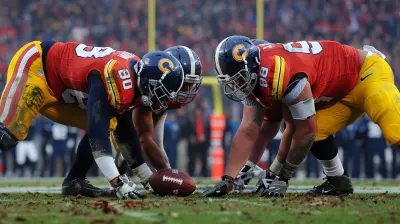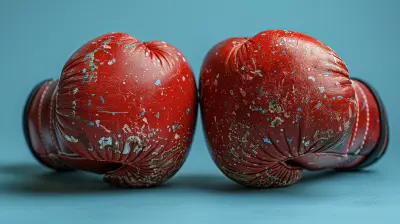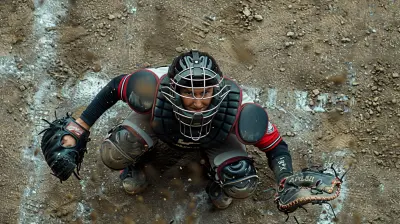Tennis Etiquette: Unwritten Rules Every Player Should Know
11 August 2025
Tennis isn't just about powerful serves, precise volleys, or epic rallies. It’s also about respect, sportsmanship, and following a set of unwritten rules—commonly known as tennis etiquette. While the official rulebook covers the technicalities, true players understand that how you conduct yourself on the court is just as important as how you play.
So, whether you're new to the game or a seasoned player, mastering tennis etiquette can make you a better competitor and an even better sport. Ready to level up your court manners? Let’s dive in.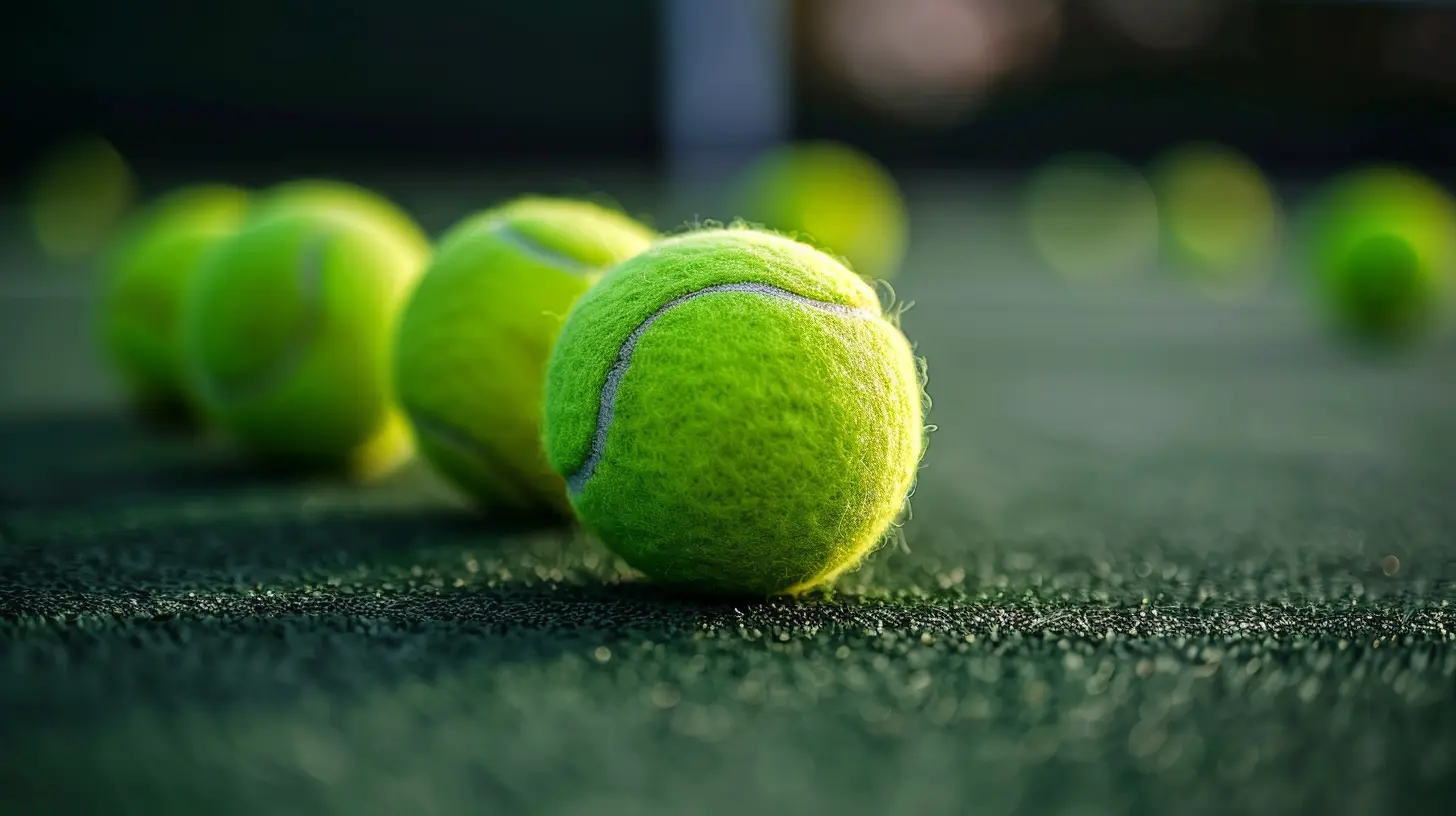
1. Respect the Court & Your Opponent
Like any sport, tennis thrives on mutual respect. That means treating both your opponent and the court itself with care.Keep the Court Clean
Before and after your match, make sure the court is in good condition. Avoid leaving trash, water bottles, or used grip tape on the ground. If you scuff the surface, smooth it out. This small act of consideration goes a long way.Acknowledge Good Shots
Tennis is competitive, but it’s also a sport of class. If your opponent hits a spectacular shot, a simple nod or verbal acknowledgment ("Nice shot!") can show respect. It doesn’t cost you anything, but it can boost the spirit of friendly competition.Be Honest with Line Calls
Calling shots fairly is vital in recreational and friendly matches. If the ball is close and you're unsure, give your opponent the benefit of the doubt. No one likes a player who constantly makes questionable calls in their favor.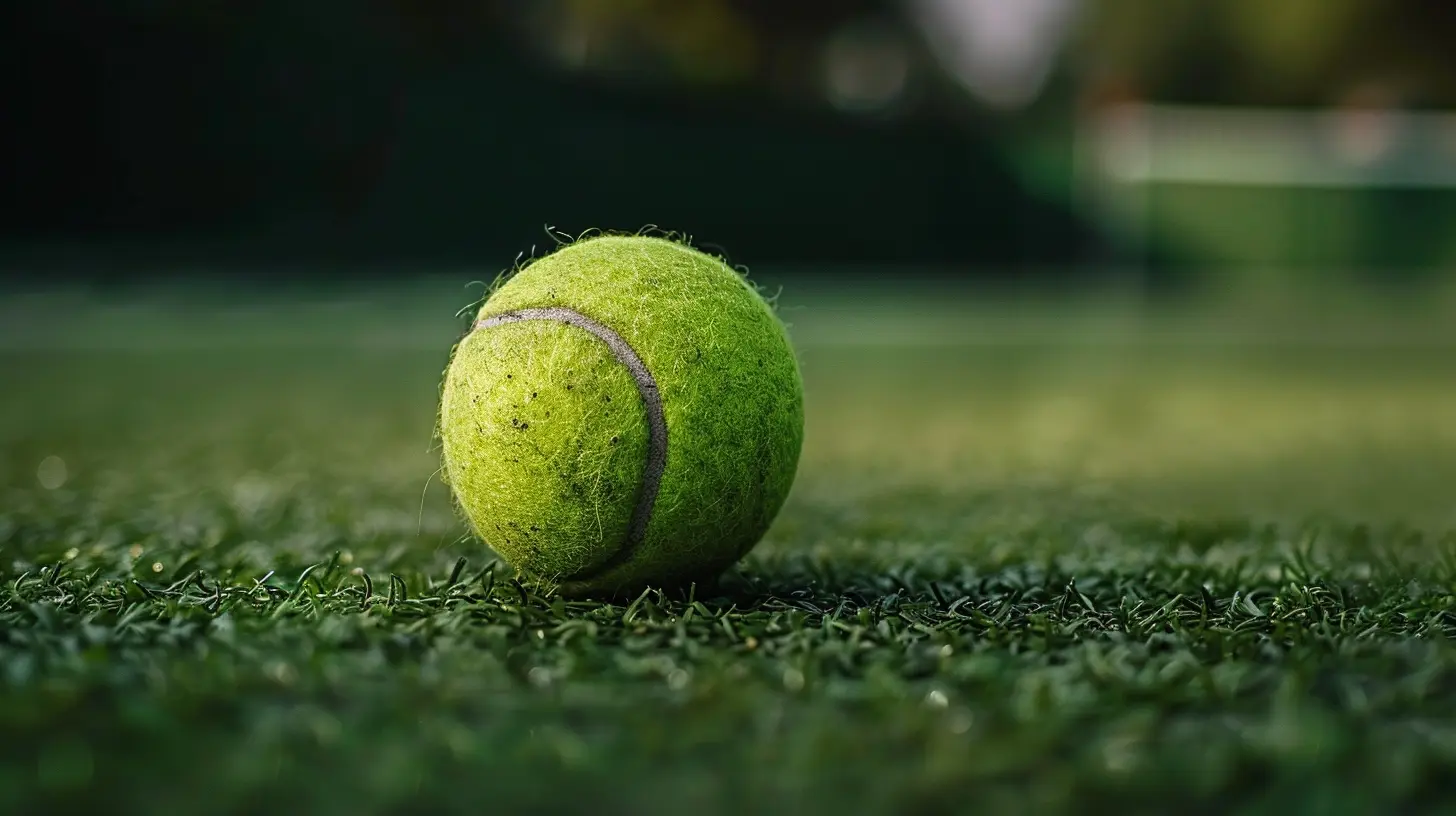
2. Warm-Up is Not the Time to Show Off
Many players misunderstand warm-up sessions. This is not the time to hit winners, smash serves, or attempt ridiculous angles. Instead, treat warm-ups as a chance to get your rhythm, find your timing, and allow your opponent to do the same.Keep it smooth, controlled, and respectful. If you start hammering the ball right from the start, you risk throwing off the warm-up's purpose and frustrating your opponent. 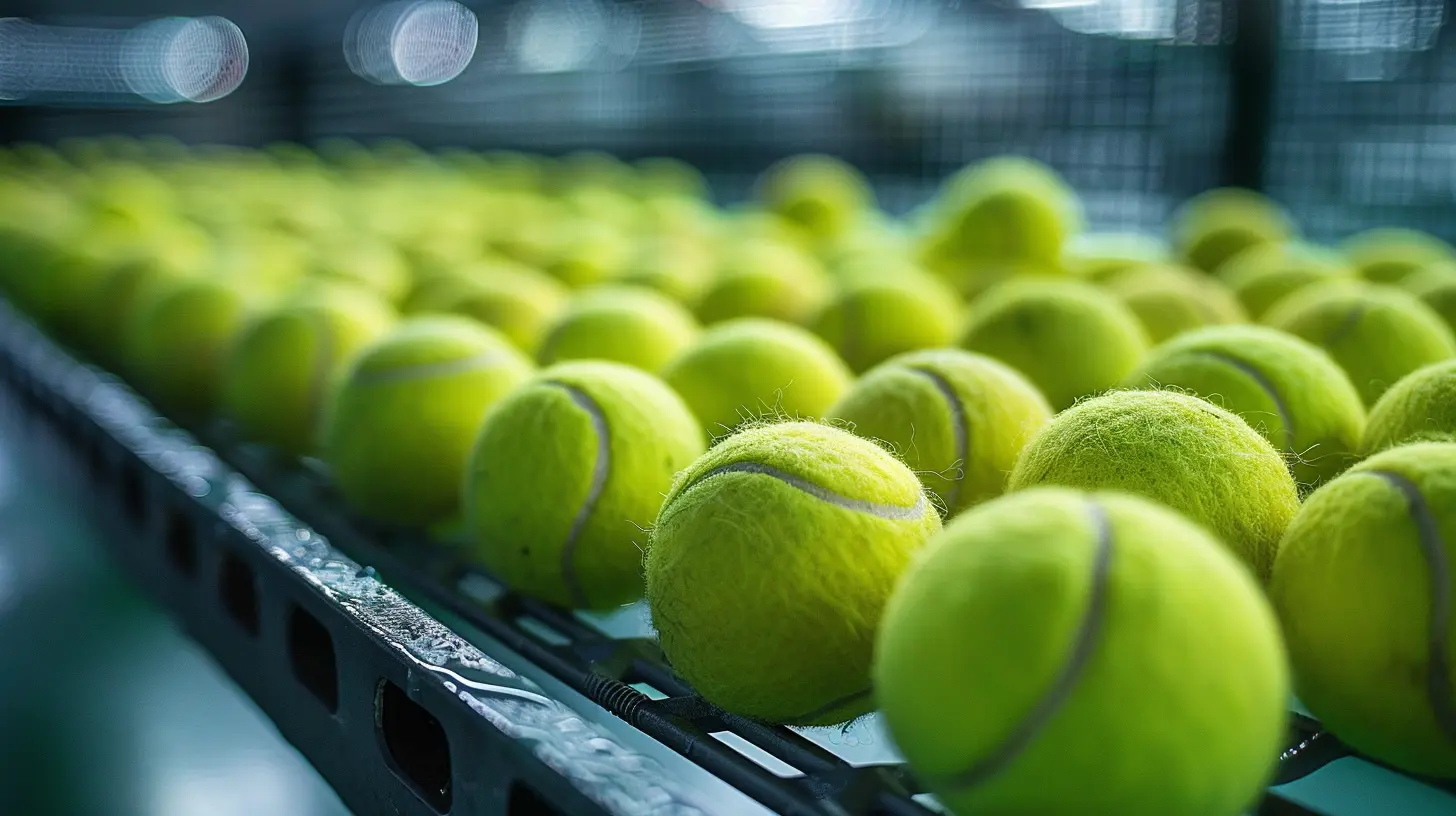
3. Don't Disrupt Play
Tennis demands concentration, and unnecessary interruptions can ruin the flow of a match.Silence During Points
Talking, grunting excessively, or making noise while your opponent is about to hit the ball is bad etiquette. Let them focus and only speak between points.Wait for the Right Moment to Retrieve a Ball
If a stray ball rolls onto your court from another game, don’t rush to grab it mid-point. Wait for the rally to end, then return it safely. Likewise, if your ball lands on another court, stand by and wait for their point to finish before asking for it back.Don't Walk Behind a Court Mid-Point
If you need to cross behind another court to get to yours, be patient. Wait for a break between points and then move quickly without disturbing players.
4. Serving Etiquette Matters
Serving is the most controlled aspect of tennis, but it comes with its own set of unwritten rules.Call the Score Loudly & Clearly
Before each serve, announce the score clearly so there’s no confusion. There's nothing worse than reaching the end of the game only to have a dispute over the score.Give Your Opponent Time to Get Ready
Don't rush. Before serving, make sure your opponent is ready. Serving while they're still adjusting their stance or fixing their strings is disrespectful and unfair.Have a Spare Ball Ready
If you’re serving, keep an extra ball in your pocket or nearby. Constantly running to fetch balls after every first serve slows down the game and can be frustrating for everyone involved.5. Mind Your Emotions
Tennis can get intense. A close match, a frustrating mistake, or an unlucky net cord can mess with your emotions. However, keeping composure is key.No Racket Abuse
We get it—missing an easy shot is infuriating. But smashing your racket in frustration isn't just poor etiquette; it’s also costly and unnecessary. Stay cool, breathe, and move on to the next point.Minimal Outbursts
A small grunt or a short expression of frustration is understandable, but constant yelling or arguing over every call can ruin the game for both players. Keep your emotions in check and remember—it’s just a game!Don’t Celebrate Opponent’s Mistakes
Winning a point because your opponent double-faulted or shanked a shot isn’t a reason to cheer. Celebrate your winners, not their errors. A respectful player simply moves on to the next point without unnecessary theatrics.6. Be Efficient with Your Time
Nobody enjoys a match with endless delays. Whether you're playing with friends or in a tournament, efficiency keeps the game moving.Quick Between Points
Tennis allows a limited amount of time between points (usually 25 seconds in professional matches). Stalling, excessive bouncing of the ball before serving, or taking too long between points is bad form.Changeovers Should Be Smooth
During end changes, take your time but don’t overdo it. Some players take forever to sip water, check their phone, or adjust their wristbands. Keep it reasonable and respect your opponent’s rhythm.7. Respect Social Norms in Doubles Play
Doubles play introduces additional etiquette considerations. Since you’re on a team, communication and teamwork are essential.Let the Server’s Partner Call the Line
In doubles, the server’s partner has the best view of the service line. If there’s any dispute over whether a serve was in or out, trust their judgment.Don’t Take Every Shot
Nobody likes a ball hog. Share the court with your partner and trust them to handle their side. Running across to steal every shot makes doubles far less enjoyable.Encourage, Don’t Criticize
If your partner makes a mistake, avoid negative comments. Doubles is a team effort, and supporting each other keeps morale high. Even a simple "Nice try" can keep the energy positive.8. End the Match with Grace
Regardless of the outcome, how you finish a match says a lot about your character.Shake Hands (or Tap Rackets)
A handshake at the net (or racket tap, if preferred) is a long-standing tradition in tennis. It signifies respect for your opponent and appreciation for the match. Never skip this, even if the game didn’t go your way.Thank Your Opponent & Acknowledge the Effort
A quick "Good match" or "Well played" shows class. Even if you’re frustrated by your performance, acknowledge the effort both of you put into the game.Final Thoughts
Tennis isn’t just about competing—it's about sportsmanship, respect, and following a set of unwritten rules that make the game enjoyable for everyone. By practicing proper tennis etiquette, you’ll not only earn the respect of other players but also enhance your overall experience on the court.At the end of the day, the best players aren’t just skilled; they’re also the ones who respect the game, their opponents, and the traditions that make tennis a sport of class.
So, the next time you step onto the court, keep these unwritten rules in mind and play with both skill and integrity.
all images in this post were generated using AI tools
Category:
TennisAuthor:

Umberto Flores
Discussion
rate this article
1 comments
Elle Cain
Great article! Understanding tennis etiquette fosters respect and camaraderie, making the game enjoyable for everyone involved.
September 14, 2025 at 12:31 PM

Umberto Flores
Thank you! I'm glad you found the article helpful in promoting respect and camaraderie in tennis.
